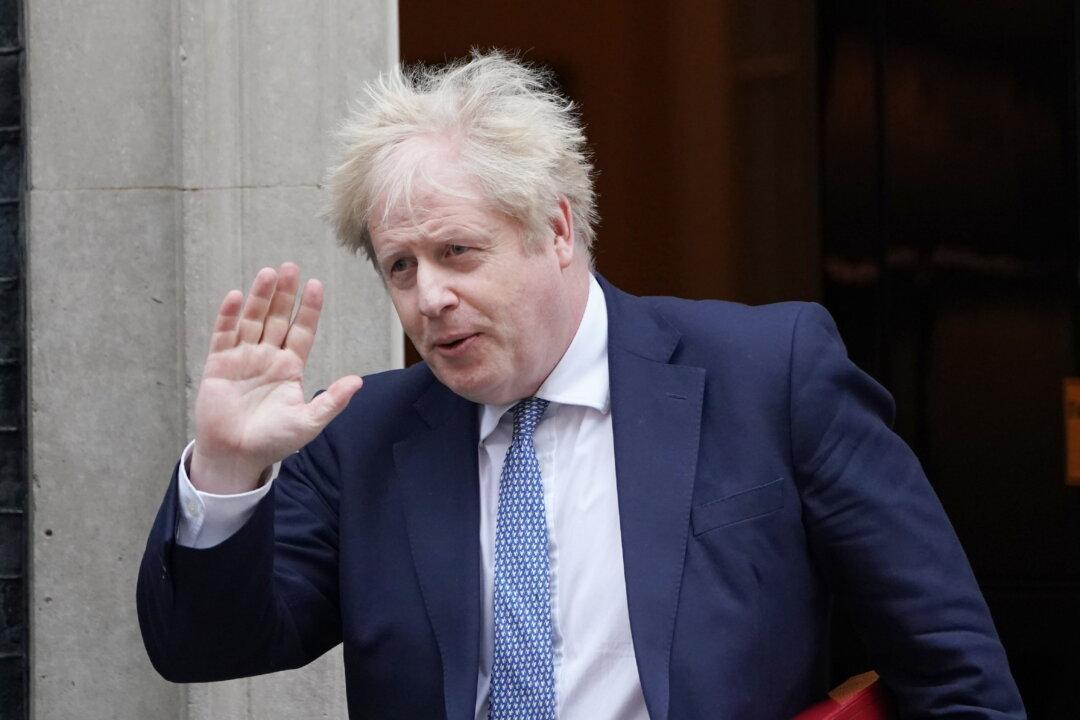The UK government’s self-isolation rules will be lifted in England by the end of next week, officials have said amid consistent drops in the number of COVID-19 hospital admissions.
The change, announced on Saturday, marks the end of all domestic CCP (Chinese Communist Party) virus legal restrictions in England. Hospital admissions for COVID-19 were down another 13.1 percent this week following a month of declining patient numbers.





